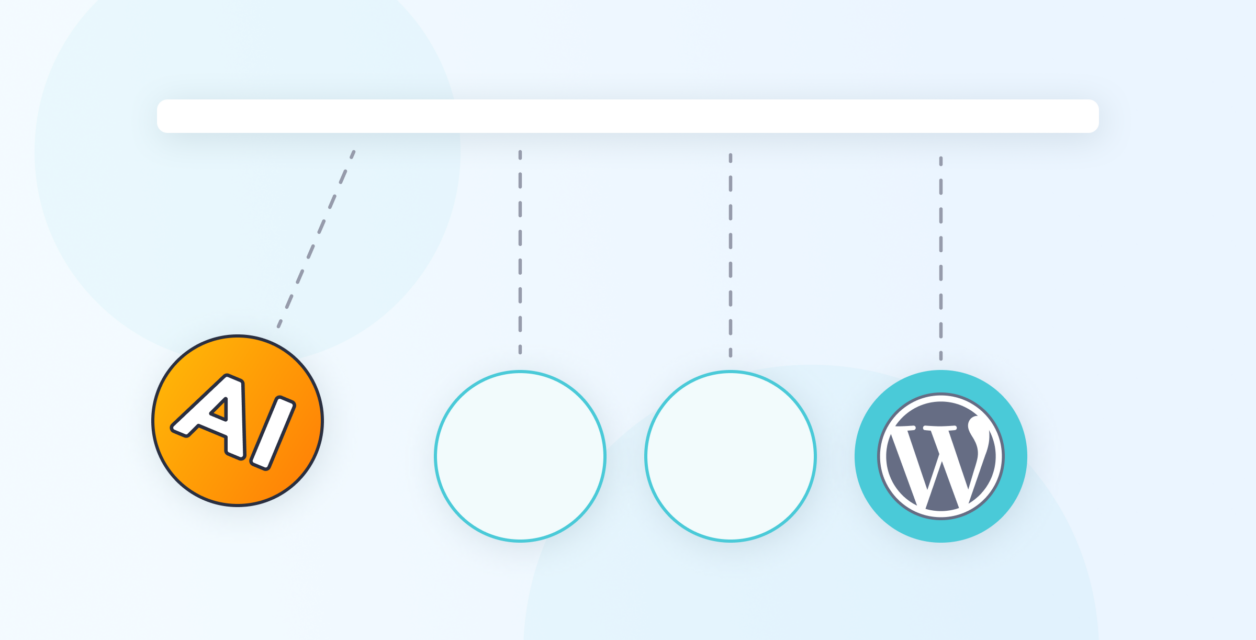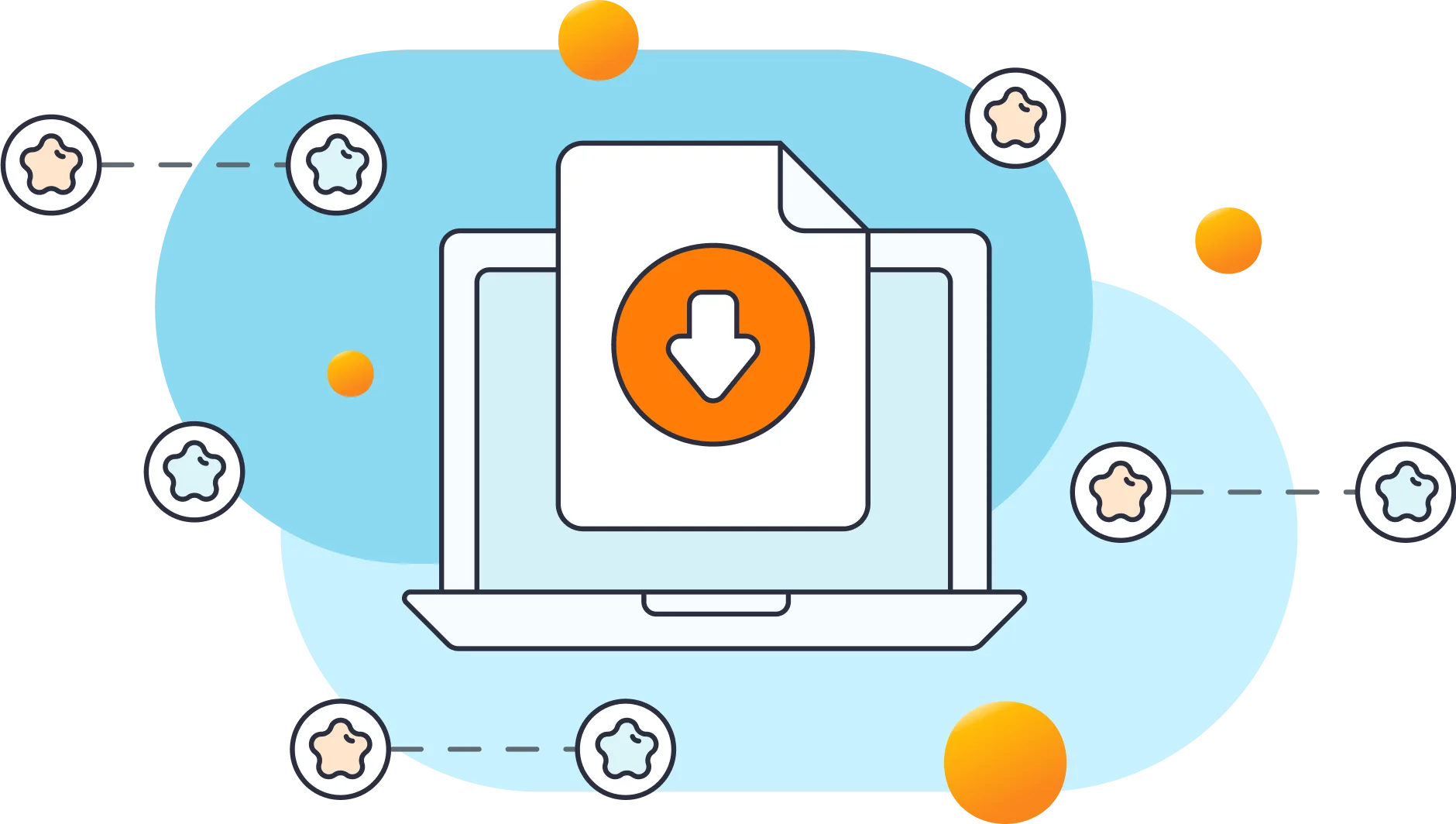Artificial intelligence (AI) can be a double-edged sword. While it has been instrumental in improving security measures, it also poses new and evolving threats, particularly when it comes to WordPress login security. As the developer of Limit Login Attempts Reloaded, I’ve seen firsthand how rapidly this landscape is shifting and how important it is to stay ahead of the curve. Let’s explore the current security concerns, the measures you can take to mitigate them, and the potential challenges AI might present in the future.
Current Security Concerns
One of the biggest issues WordPress site owners face today is brute-force attacks. These attacks involve malicious actors using bots to repeatedly attempt to guess login credentials. AI has made these attacks more sophisticated by enabling bots to use machine learning to predict common passwords and patterns in username behavior. This is no longer just about trying “password123” or “admin” — AI-driven bots can analyze data from previous breaches to tailor their attacks.
A study by Home Security Heroes demonstrated the alarming capabilities of AI-based password-cracking tools like PassGAN, which leverages machine learning to crack passwords. PassGAN was trained on 15,680,000 commonly used passwords from the infamous RockYou dataset. This dataset, originally exposed in a historic data breach, has since become a staple in security research. Here are the eye-opening results from the study:
- Within 60 seconds, PassGAN cracked 51% of the passwords.
- After one hour, it had cracked 65%.
- In one day, it cracked 71%.
- After one month, PassGAN achieved an 81% success rate.
These findings underscore just how critical it is to implement strong, unique passwords and utilize advanced security measures.
Another pressing issue is credential stuffing. Hackers use AI to automate the process of testing stolen username and password combinations across multiple sites. Given that many users reuse credentials, the success rate of these attacks can be alarmingly high.
How To Prevent AI Login Security Threats
Prevention is an ongoing challenge for WordPress users, as AI continues to evolve at a rapid pace. To address these emerging threats, every WordPress site owner should consider implementing the following measures:
- Limit Login Attempts: Tools like our plugin, Limit Login Attempts Reloaded, help by blocking repeated failed login attempts. This is your first line of defense against brute-force attacks.
- Enforce Strong Passwords: Encourage or enforce the use of complex passwords. AI has a harder time cracking long, randomized combinations.
- Enable Two-Factor Authentication (2FA): Even if a hacker guesses or steals your password, 2FA provides an additional layer of security that is much harder to bypass.
- Regularly Update WordPress Core, Themes, and Plugins: Security vulnerabilities in outdated software are a common entry point for attackers.
- Monitor Login Behavior: Plugins that track login attempts and behavior can provide insight into potential attacks and unusual activity.

Future Security Concerns
We are always monitoring the future of login security at Limit Login Attempts Reloaded. Here are some future concerns we are actively preparing for:
- AI-Powered Social Engineering: AI-driven chatbots and deepfake technologies could be used to manipulate users into revealing their credentials. For instance, a hacker might impersonate a trusted colleague or tech support agent with alarming accuracy.
- More Advanced Brute-Force Tactics: AI algorithms could learn and adapt in real time, making brute-force attacks even more efficient and harder to detect.
- Targeted Credential Attacks: AI could analyze user behavior and patterns to predict passwords or discover security questions based on publicly available information (like social media profiles).
- Exploitation of AI Defenses: Ironically, as we rely more on AI-driven security solutions, attackers will develop ways to exploit or bypass those systems. For example, they might trick AI into flagging legitimate users or failing to detect certain types of attacks.
How to Stay Ahead
The best way to protect your WordPress site is to adopt a proactive mindset. Don’t wait for an attack to happen before taking action. Instead, consider the following steps:
- Adopt AI-Powered Security Tools: Use security plugins and services that leverage AI and machine learning for real-time threat detection and mitigation. These tools can analyze patterns and anomalies more effectively than traditional methods.
- Educate Your Team and Users: Ensure everyone with access to your WordPress site understands basic security practices and the potential risks of AI-driven attacks. Plan for more sophisticated attacks that could use AI voiceovers to extract data from employees.
- Plan for the Worst-Case Scenario: Regularly back up your website and test your recovery process. If an attack does occur, you’ll want to be able to restore your site quickly.
- Stay Informed: The world of AI and cybersecurity is constantly changing. Follow industry blogs (like this one), attend webinars, and keep up with the latest developments to ensure you’re prepared for new threats.
Final Thoughts
AI is transforming the way we approach security — for better and worse. While it provides powerful tools to protect our WordPress sites, it also gives hackers new ways to exploit vulnerabilities. The key is to stay vigilant and adapt your security measures as the technology evolves. At Limit Login Attempts Reloaded, we’re committed to helping you navigate these challenges and keep your site safe. Let’s embrace the future of AI with caution and confidence.



